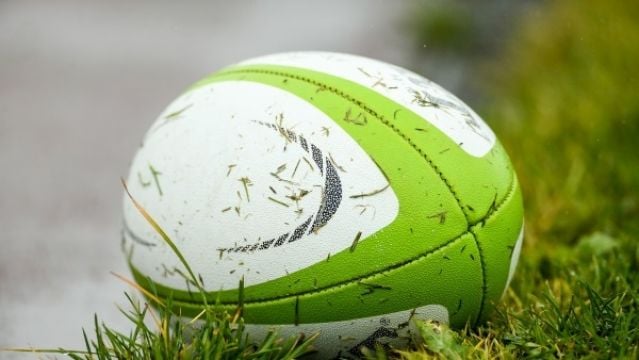The majority of children who suffer concussion during sports return without being reviewed by a medical professional prior to doing so, a study has found.
With no established concussion clinic or pathway that would facilitate medical input, patients, their parents and coaches are left to interpret guidelines whilst experiencing continued pressure to Return to Play (RTP).
Fifty-seven responses were recorded and the study authors found that only nine patients or 15.79 per cent were assessed by a physician prior to returning to play. All patients reported external pressures to return to sports did not undergo a medical assessment.
Up to 80.7 per cent of patients were removed from the field of play at the time of head injury. Of those attending an Emergency Department (ED), 53 patients (93 per cent) were advised on RTP protocols at discharge.
The sports in which patients were involved at the time of head injury were: Gaelic football (42.1 per cent), rugby (29.8 per cent), soccer (10.5 per cent) and Hurling (7 per cent). Other sports included horse- riding, baseball, hockey and basketball.
Symptoms
Most children reported isolated symptoms at the time of injury, with headache the most frequently reported symptom at 47 per cent. Other symptoms included nausea, vomiting, irritability, dizziness and poor concentration.
A concussion clinic could provide the ideal means to assess and review patients who are experiencing persistent symptoms, the study, Adherence to Return to Play Protocols in Children Presenting with Concussion, in this month’s Irish Medical Journal found.
Failure to adhere to guidelines can lead to a prolongation of symptoms such as the risk of recurrent injury with the associated complications and a repeat presentation to EDs.
As part of the study, parents or guardians of children were contacted by telephone and asked to complete an online survey in relation to the initial head injury.
All children between the ages of 8-16 who presented to the ED with a head injury and concussive symptoms sustained in an organised sports event were included in the study between June-December 2019.
After-effects
Thirty-two (56.14 per cent) participants reported no effect on their performance following RTP. Of those remaining, 25 (47.2 per cent) experienced some degree of negative impact on their performance, involving dizziness, headache and fatigue.
Two participants took one week to return to their normal level of play, 13 patients took two-four weeks and 10 took more than four weeks to feel like they had returned to their normal level of performance.
In terms of individual sports breakdown and the length of time to return to play, of the children participating in rugby, 62.5 per cent returned within two-four weeks, while 25 per cent returned after one-two months. A further 12.5 per cent returned after two months. Figures for children participating in GAA the percentages for each time frame amounted to 3.4, 17.2 and 34.5 per cent respectively.
Duration of symptoms were noted to be greater than one week in 22.81 per cent of respondents, with the majority (47.4 per cent) reporting symptom resolution after three days.
Return to play protocols
The study sought to ascertain adherence to the return to play protocols and concussion management in relation to on field head injury management, administration of RTP advice upon discharge from the emergency department, duration of concussion symptoms, if a medical assessment was conducted prior to going back to play and time to return to play from concussive event.
An assessment of the factors influencing early RTP and the effects of early RTP on the patient was also examined.
Whilst there is a strong awareness of management of concussion on the sporting field itself the study also found, there is a lack of understanding and implementation in the post injury phase.
In addition, and in contrast with international guidelines, most children were not medically cleared appropriately before returning to play.
Co-author Dr Eanna Mac Suibhne a specialist registrar in Emergency Medicine at Temple Street University Hospital said: “This review highlights an untouched area in Irish paediatric trauma and exposes a gap in how healthcare is provided to patients presenting with concussion.
“It supports the need for players, parents and those involved in organised sport for children to adhere to Return To Play guidelines.
"This needs to be continually stressed both to patients and parents and should be overseen by a medical professional experienced in dealing with concussion. Symptoms of concussion usually persist for more than four days in many patients and this should be reflected in returning programmes."







